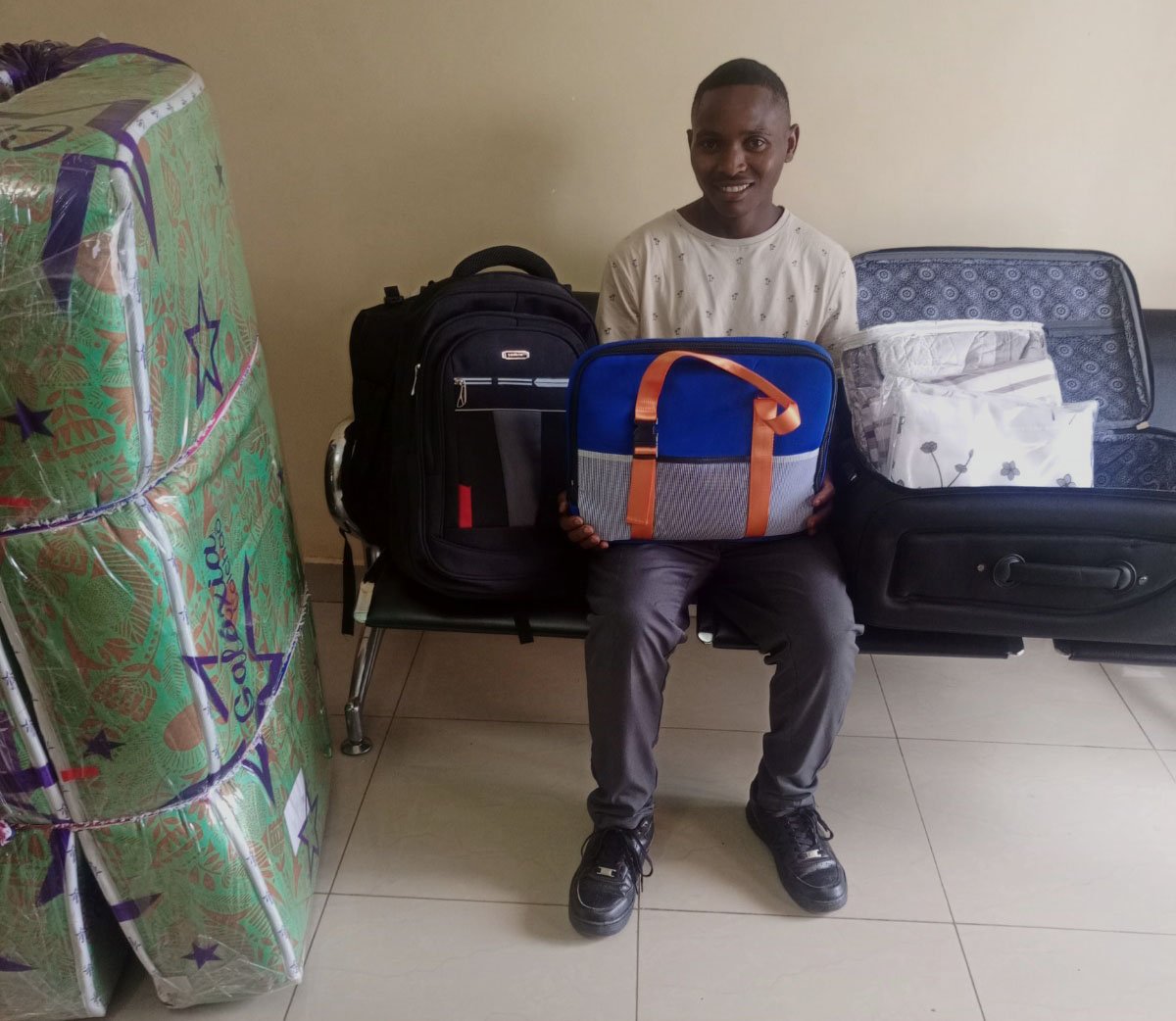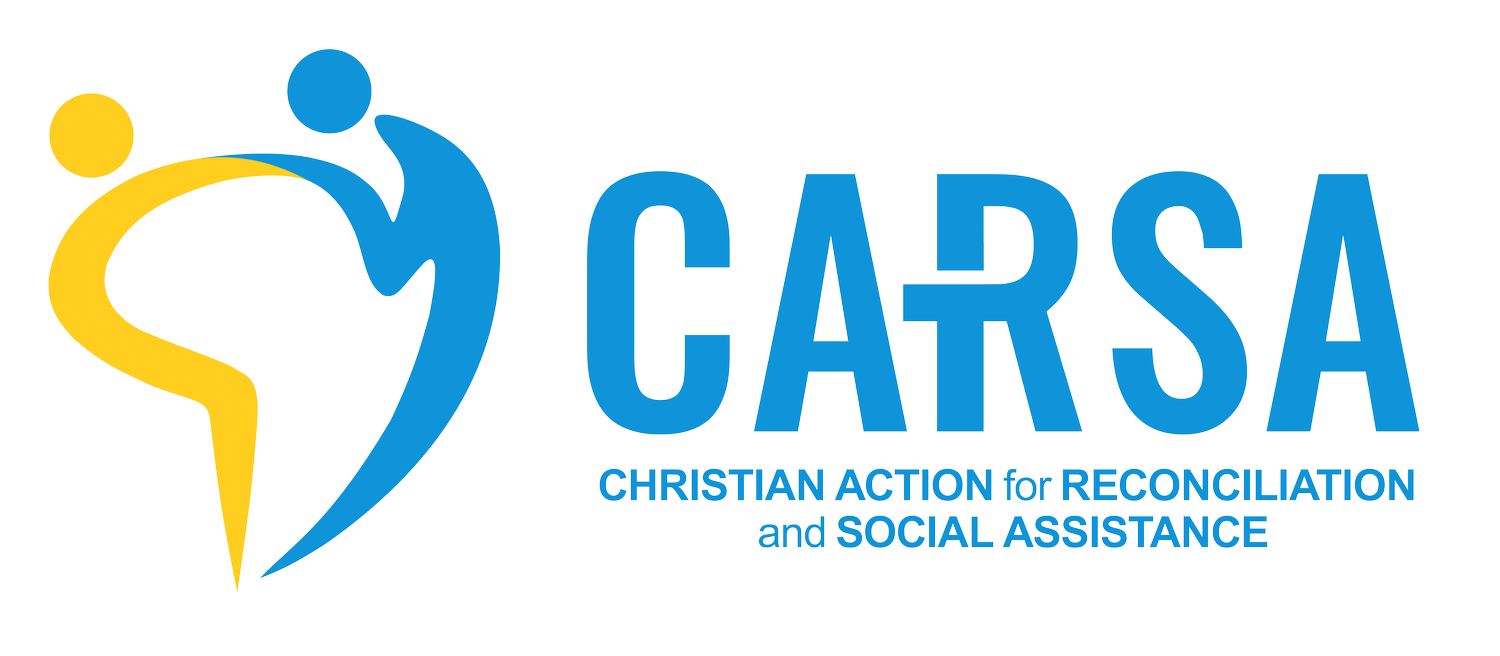
Rehabilitation and Reconciliation for Genocide Ex-Prisoners in Rwanda
Joseph Dusengumuremyi, a 63-year-old ex-prisoner, was convicted of killing his neighbors during the 1994 Genocide against the Tutsi and served 15 years in prison. Before the workshop, he hid the truth from his wife and avoided acknowledging his crimes. However, through the program, he openly confessed, sought forgiveness, and committed to educating younger generations to prevent history from repeating itself.

Youth are working for peace in Rwanda
Antoine Nshimyiyimana, a 21-year-old student at Rwanda Polytechnic, Musanze College, has been involved in peace clubs for seven years. Through CARSA’s Peace Club and Arts for Peace, he has learned about Rwanda’s history, engaged in community service, and used poetry, theater, and music to spread peace messages. His work includes organizing peace talks, helping the homeless, and participating in Umuganda.

A Journey of Forgiveness and Healing – Pelagie’s Story
Pelagie, a 59-year-old widow and mother of four from Cyeza Sector, Muhanga District, lost her husband, father, and many loved ones during the 1994 Genocide against the Tutsi. Returning home was painful—her house was destroyed, and fear gripped her whenever she encountered perpetrators.

“We’re like others”: Changes in the lives of Historical Marginalized People in Kamonyi
Over 5 years of CARSA working alongside residents of the Mugina Sector in Kamonyi District, they started making ripple waves of progress and showing a beacon of resilience. It’s incredible how most people of this community have changed their mindset, started sending their children to school, dressed well, cleaned their bodies and clothes, and have small livestock, mainly goats, pigs, chickens, and rabbits. Most of them have given up their habit of stealing; they work together to earn money or cultivate other people in the village, thus earning money allocated to support themselves and save a small part through the community-saving groups (Ibimina). The problems others have been theirs too, so they no longer deserve to be called the Historically Marginalized People, Batwa, or other special names, because they have reached where others are.

